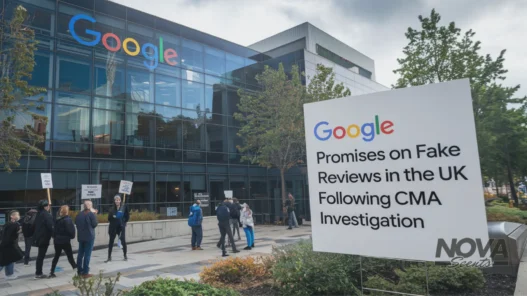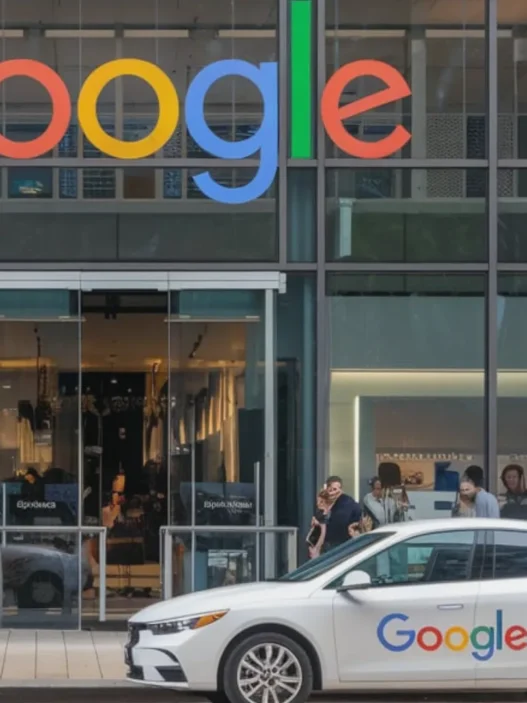Fake online reviews have become prevalent, eroding trust and fairness in the marketplace, which relies on online reviews to help make decisions. Fake reviews became an issue in 2015; regulators worldwide have taken action. Last year, the UK’s Competition and Markets Authority (CMA) investigated Google’s lack of handling fake reviews. However, Google has promised to strengthen these measures further to prevent and forcibly remove fake reviews.
Google’s New Measures Against Fake Reviews
According to a statement the CMA shared, Google has promised to improve its systems for detecting fraud and take faster action against businesses and individuals that manipulate ratings. The company’s new approach includes:
- Immediate Consequences for Offenders: Fake reviews are one-way businesses try to manipulate review aggregation sites to boost their ratings. When businesses get caught doing so, they can no longer submit reviews. For repeat offenders, the penalty is harsher, wiping out all existing reviews for at least six months.
- Warning Alerts and Review Restrictions: Suspicious profiles will receive warning alerts, and all businesses found may temporarily be prevented from collecting new reviews.
- Permanent Bans for Individuals: Accounts of repeat fake or misleading reviewers will be permanently banned, and their fake or deceptive reviews will be deleted, regardless of their location.
Regarding Google Maps, Google has taken similar measures to prevent fraud on Google Maps and check that the reviews are for real things that customers wrote about their experiences with the company.
Why Fake Reviews Are a Big Problem
Fake reviews fool consumers into buying low-quality, ridiculously overpriced, and counterfeit products. They harm fair competition by giving unethical businesses an unfair advantage. In the US, regulators like the Federal Trade Commission (FTC) have initiated a crackdown to combat these issues. At the global level, we are seeing increased efforts to protect consumers.
CMA Oversight and New Regulatory Powers
CMA seeks regular updates from Google over the next three years to ensure it sticks to its promises. This report aims to monitor how well Google is fixing the problem of fake reviews.
Further powers for the CMA would be available under the UK’s Digital Markets, Competition, and Consumers Act, which is due to come into force in April next year. Under the new law, firms can now be fined up to 10 percent of their global revenue if they break consumer protection laws. It is a billion-dollar potential penalty, a powerful stick against noncompliance for a company as large as Google.
A Step Forward in Consumer Protection
Reinvigorating Google’s effort to combat fake reviews is a hopeful sign that one of the world’s biggest online marketplaces will act to restore faith in its sites. With more stringent measures and regulations in place when making purchasing decisions, consumers can expect more reliable feedback. These developments mirror what other platforms are currently being put under the microscope and could even lay the groundwork for a fairer, more above-board digital economy.
Ethan Cole is a tech aficionado dedicated to exploring the latest innovations and gadgets, providing reviews and insights to keep you updated in the tech world.

















